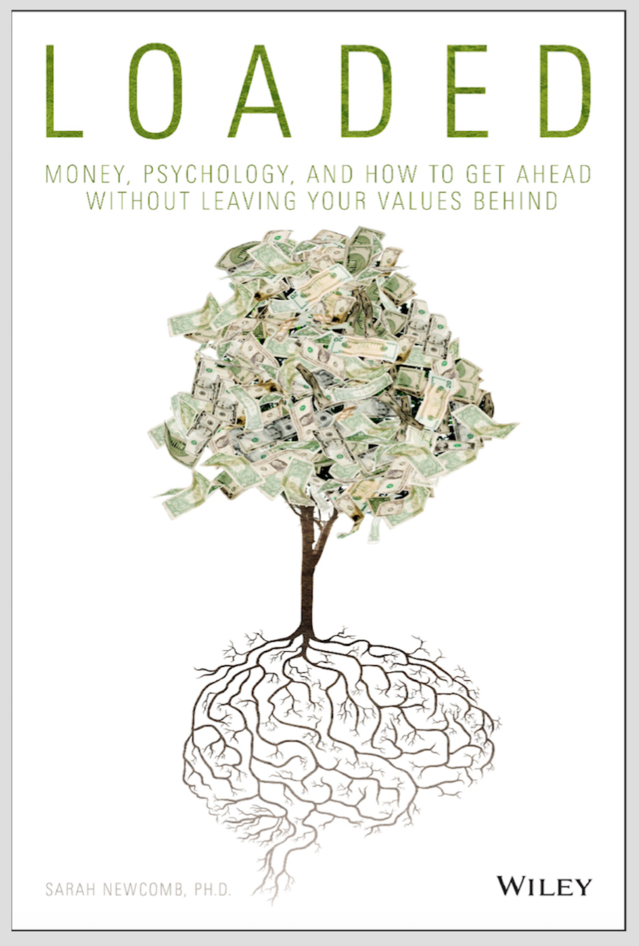Self-Harm
The Three Rules for Healthy Money
What we can learn from the intersection of psychology and economics
Posted April 19, 2016

I have worked with many people. From farmers and small-business owners to students, parents, teachers, and financial advisors. If my experiences have taught me anything it is this: when it comes to money, we all have issues.
We all have issues, but we can get better.
Rich, poor, experienced or green, we can all learn to have a better relationship with our money. Even after ten years of studying the psychology of financial decisions, I am still growing and uncovering new ways I personally can improve my financial thinking.
I’ve found after working with many people over time that there are three cardinal rules to developing a healthy and sustainable financial plan.
Three Rules for a Healthy Relationship With Your Money
No matter where you are starting from, learning these rules, and developing the habit of coming back to them when you get off track, will help you get to a stronger place financially.
- Change your stories. Every financial decision starts with a story. A person’s relationship with money is almost never about the numbers. It is about the stories we tell ourselves because of those numbers. Each of us has come to believe certain stories based on our upbringing and our experiences with money: stories about who we are and who we are not, stories about what we can and cannot do in the world. This is where our relationship with money is rooted, and this is where sound money management begins. It starts with a story.
- Choose your strategies. Needs are constant, but strategies are flexible. Even the frivolous items we buy on impulse are attempts to serve a fundamental need such as fun, comfort, ease, or relaxation. Simply cutting back on expenses without addressing the underlying needs that those expenses are meeting is a recipe for unhappiness. A sustainable and satisfying financial plan is far more like a map than a diet. It’s a plan for meeting all of your needs with your limited resources. The needs we all have are constant, but the strategies we employ to get them met are as limitless as our imaginations. Choose strategies that cost you less, but still meet the underlying need, and following your budget will feel deeply satisfying.
- Cultivate your value. Your most valuable asset…is you. Every stream of income can be traced back to an asset that is valuable to others. While we don’t all start out with assets, we all have resources (time, energy, and intelligence at the very least). Learning how to combine your unique resources into valuable assets that can increase your income streams is the heart, the very soul, of making money. When you learn to think of your money in terms of assets and resources rather than simply in terms of income, you will find that there are many ways to go about increasing your income that you may never have considered. You may already have potential income at your fingertips
Follow this blog for more. Over the coming weeks, we will be looking further into each of these areas. We will dive deep into the types of stories that can help – and those that hurt – and how to rewrite your personal financial narrative. We will talk about how to map out financial strategies that meet your needs without wasting your resources, and we will look at some of the creative and surprising ways that others have learned to cultivate their own value and increase their income.
Along the way, I encourage you to comment (keep it civil, please), ask questions, and share your own stories. Money may be a loaded topic, but the more we talk about it, the more we will help each other on the path to financial health.



